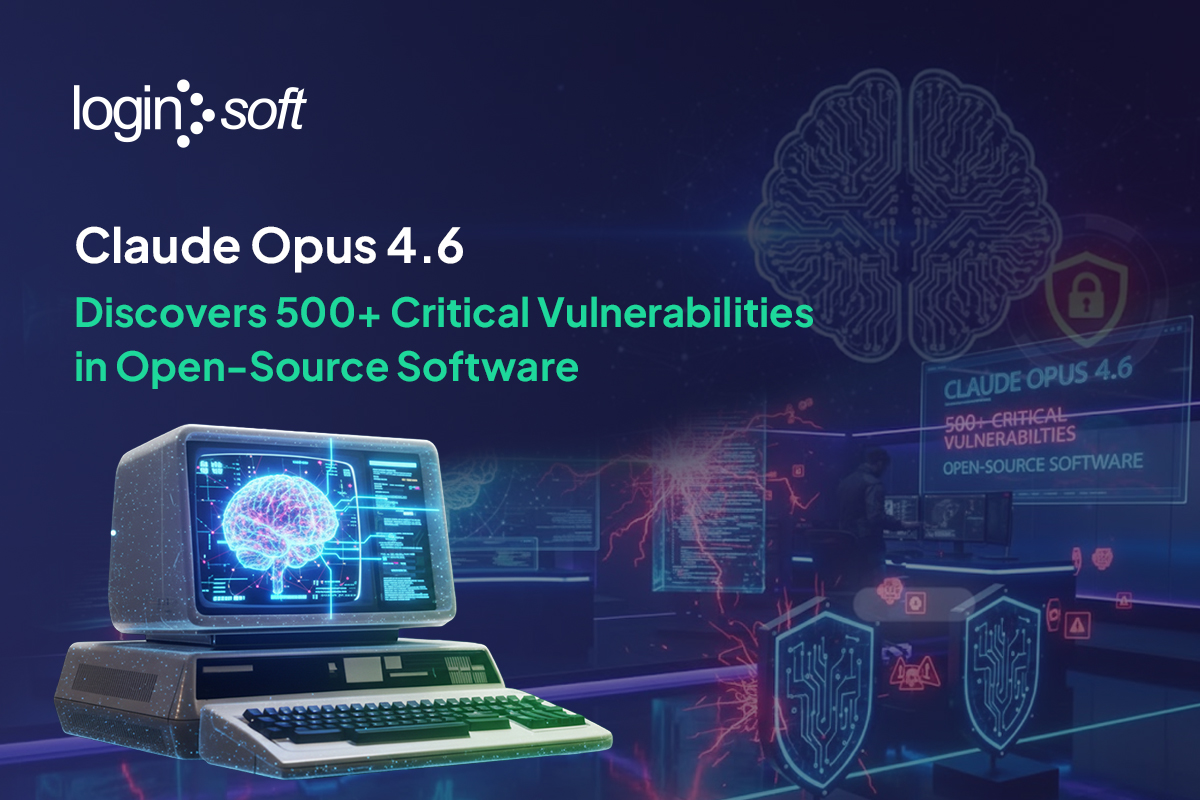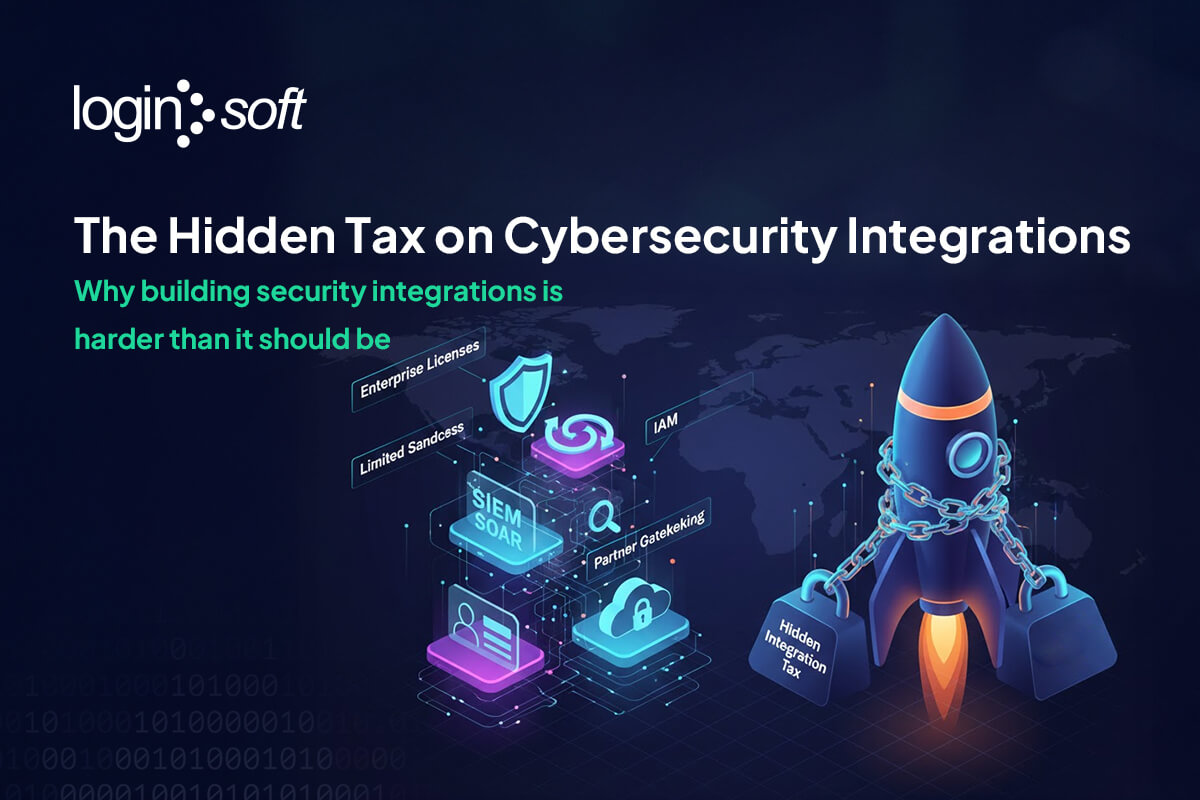Introduction
Open Policy Agent (OPA) helps secure the Software Supply Chain with Open Policy Agent by enforcing consistent security controls throughout the development lifecycle. It focuses on embedding automated policies into pull requests and CI/CD workflows to prevent insecure code changes before they reach production. By defining Code Review Policies, Access Control Policies, and Compliance Policies as code, teams can shift security left and reduce supply chain risks.
Key Takeaways
- Policy-as-code with OPA secures the software supply chain from pull requests onward.
- Code Review Policies enforce security gates before merges occur.
- Access Control Policies restrict unsafe actions across repositories and pipelines.
- Compliance Policies automate governance without slowing development.
In the world of supply chain management, it’s crucial to ensure that code changes are adequately reviewed and tested before being integrated into the main codebase. Pull requests play a critical role in this process as they allow developers to review and ensure that the code adheres to established coding standards and best practices. The significance of this process cannot be overstated, as even minor errors or bugs can have far-reaching consequences for the entire supply chain.
A successful supply chain management strategy involves not only reviewing pull requests, but also incorporating automated testing and continuous integration as crucial components. Automated testing enables the early detection of bugs and errors, while continuous integration ensures that changes are integrated into the main codebase as soon as possible. Open Policy Agent (OPA) can be used to automate policy enforcement, making it easier to implement. Developers can define policies that warrants code changes adhere to established coding standards and other best practices. By enforcing these policies automatically, OPA can help guarantee that the codebase remains consistent and maintainable, minimizing the risk of errors and bugs that could harm the entire supply chain. OPA allows organizations to enforce policies that govern the software supply chain, By implementing these policies, organizations can establish a secure and transparent supply chain, which is crucial for maintaining the integrity and authenticity of software artifacts. This, in turn, helps in minimizing the risk of supply chain attacks.

Below is a Git action workflow for pull requests designed to integrate OPA into testing against policies. The workflow is triggered by various pull request events, such as opening, editing, and labeling.
Below are some policies that can be enforced with Open Policy Agent (OPA) to establish a secure software supply chain.
Code Review Policies:
Two-person review is an industry best practice for catching mistakes and deterring bad behavior, and it is also a part of `SLSA L4(https://slsa.dev/spec/v0.1/levels)`. This can be achieved using the Rego policy, which can be written to ensure that a certain number of reviewers review all pull request changes before they are merged.
It sets a minimum number of reviewers required for a pull request to be approved, which is 2 in this case. The default value for allowing a pull request is set to false. The policy also defines an "allow" rule with an error message that will be displayed if the number of approved reviewers is less than the minimum required. The rule checks the number of approved reviewers and compares it with the minimum required number. If the minimum criteria are met, the rule allows the pull request to be merged.
Access Control Policies:
Access control policies are a crucial aspect of any secure system. They define the users or groups are authorized to perform specific actions and those that are not. Without access control policies, any user be able to perform any action, making the system vulnerable to security threats. For example, it's important to ensure that only authorized users can create, merge, or approve pull requests. Access control policies can be used to manage users or groups with permission to perform these actions.
Let's write a policy that govern who has access to review and merge pull requests.
The policy then defines two arrays, "allowed_reviewers" and "allowed_approvers", which contain the usernames of the reviewers and approvers who are allowed to access the pull request. The "allow" rule is defined with a set of conditions that must be met for the pull request to be allowed. The conditions check to see if
- the requested reviewers are in the "allowed_reviewers"
- the owner of the head repository is the same as the owner of the base repository, and
- the approvers are in the "allowed_approvers"
Security Impact Assessment Policy:
Rego can be used for defining policies that specify the criteria that must be met to pass a security impact assessment. These policies can include rules that check for various security requirements, such as
- encryption requirements
- compliance with regulatory requirements and secure coding practices
- protection of sensitive data, and
- detection and response to security incidents
Below policy that can detect the usage of deprecated or vulnerable libraries and configuration changes in a pull request.
Explanation:
The pr_security_policy is a sample policy that denies pull requests that include the use of deprecated or vulnerable libraries, changes to infrastructure config files, or changes to auth code. It provides error messages to indicate why the pull request was denied.
We should develop a new Rego policy to identify any occurrences of sensitive data disclosure in code. This policy will leverage a code review tool to review the changes made in pull requests and provide a verdict.
*you will need to replace the YOUR_TOOL_API with the URL of your code scanning tool.
Explanation:
The "sensitive_data_found" rule defines a method to scan the pull request using a tool API and checks whether the response contains sensitive information. If the response contains sensitive data, the rule sets the "sensitive_data_found" variable to true, which triggers the "deny" rule and rejects the pull request. This policy can help prevent sensitive data leaks and ensure that pull requests are secure before they are merged into the main codebase.
Compliance Policies:
OPA can be used to set compliance policies, such as restricting access to sensitive data to authorized users and policies that ensure that pull requests comply with relevant regulations and standards, such as data privacy regulations.
Let us write a policy based on best practice that checks that artifacts are signed by a trusted entity before deployment.
In conclusion, having policies for code review, access control, security impact assessment, and compliance is crucial for ensuring that pull requests are properly vetted before they are merged into the codebase. These policies help to prevent unauthorized changes, reduce the risk of security vulnerabilities, and ensure compliance with relevant regulations and standards. By leveraging OPA, organizations can improve their overall development processes and ensure that their code is secure, compliant, and of the highest quality. In addition, OPA provides a flexible and scalable way to define and enforce policies across the entire infrastructure, making it easier to maintain a secure and compliant supply chain.
Author:
Pruthvi T - Lead Security Researcher, Loginsoft
FAQs
Q1. What is meant by Software Supply Chain with Open Policy Agent?
Software Supply Chain Security with Open Policy Agent (OPA) uses OPA as a centralized policy engine to enforce security, compliance, and governance across the entire software development lifecycle, from code commits to deployment. By defining policies in Rego and applying them at key checkpoints like CI/CD pipelines, Kubernetes, and APIs, OPA helps ensure software integrity, authenticity, and protection against supply chain attacks. Separating policy from code makes security consistent, scalable, and easier to manage.
Q2. How do Code Review Policies improve security?
Code review policies strengthen security by identifying vulnerabilities such as SQL injection and XSS early in development. They enforce secure coding standards, reduce costly fixes later, and promote a security-first mindset among developers. By catching logic flaws and unsafe data handling that automated tools may miss, code reviews serve as a critical defense layer that helps prevent breaches and maintain compliance.
Q3. What role do Access Control Policies play?
Access Control Policies (ACPs) define who can access specific data, systems, or services and under what conditions. By enforcing least-privilege access, they protect sensitive information, maintain data confidentiality and integrity, reduce security risks, and support compliance, preventing unauthorized access and misuse across both digital and physical environments.
Q4. Why are Compliance Policies important in CI/CD pipelines?
Compliance policies are essential in CI/CD pipelines because they automate governance and enforce security standards such as GDPR and HIPAA early in development. By shifting compliance checks left, they reduce risks from vulnerabilities and misconfigurations, ensure consistent enforcement, eliminate manual checks, and generate audit-ready evidence, helping organizations avoid fines, breaches, and reputational damage while maintaining rapid software delivery.
Q5. Can OPA policies scale across multiple repositories and teams?
Yes. OPA policies are reusable and scalable, making them suitable for large, distributed development environments.
Get Notified
BLOGS AND RESOURCES








